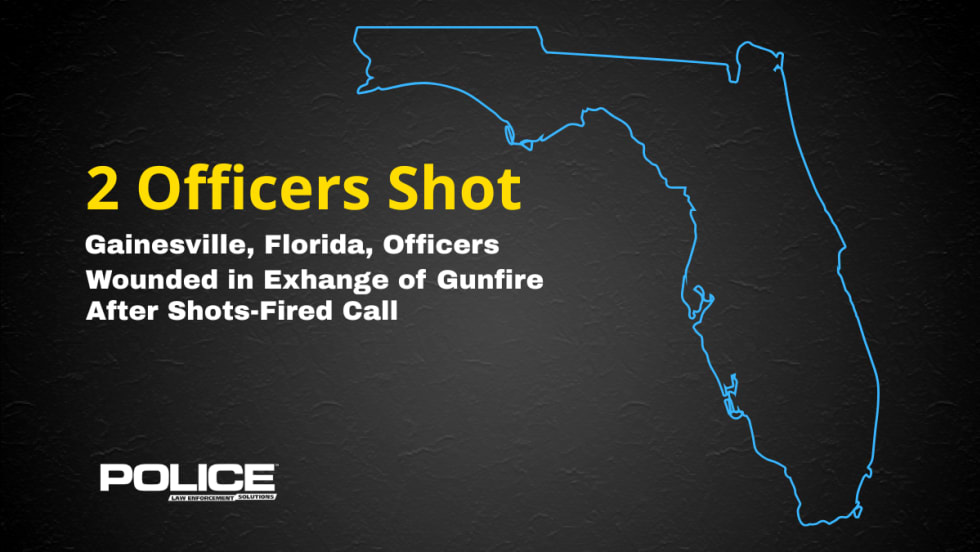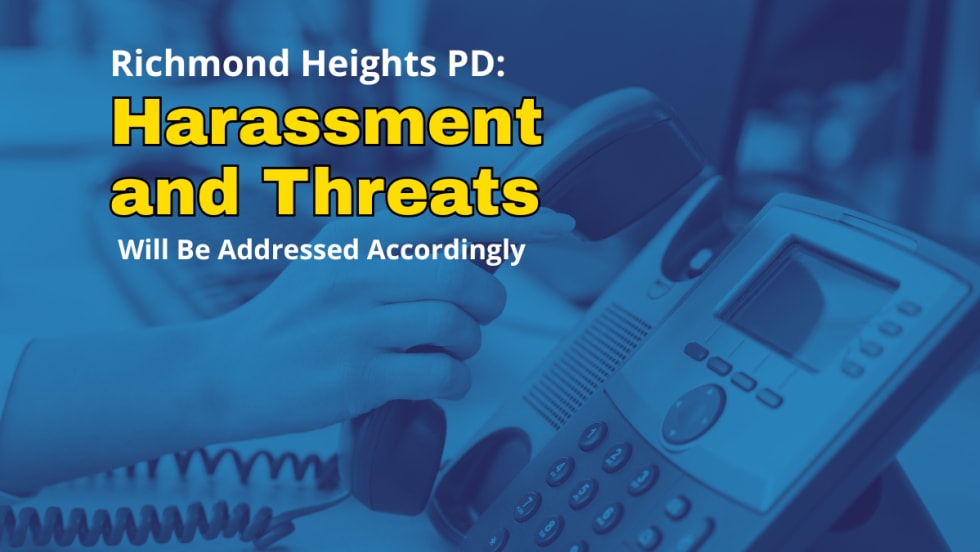Mayor Rudolph Giuliani called Monday for a federal law requiring the FBI to share terrorism information with local law enforcement authorities to improve coordination in times of crisis.
Speaking at a congressional subcommittee meeting that included Los Angeles County Sheriff Lee Baca and several governors, Giuliani urged that the process be formalized through a new FBI office directed by a senior bureau staff member, and that the agency give top security clearance to more people.
"We need real-time information about what is happening," he told members of the House Intelligence Subcommittee on Terrorism and Homeland Security during the hearing in City Hall. "You need to legislate permission to do that."
The meeting, planned before Sept. 11, was supposed to be held in the World Trade Center just blocks away, according to Rep. Jane Harman (D-Venice), a committee member. She said that one of the proposed witnesses died in the disaster.
A major theme at Monday's hearing was the need for the FBI to work more closely with local law enforcement and emergency management agencies, which would be the first to respond to another attack. Baca warned of the dangers of a fragmented response with inadequate coordination, which can inhibit communications. In particular he mentioned the many radio frequencies that agencies use.
"Contemporary terrorism involves a struggle against networked adversaries," he said. "Simply stated, it takes a network to combat a network."
He said the current communications network needs to be changed so that all levels of government can share information.
"To date, responses to terrorism in the United States have been hampered by interagency rivalry, a lack of resources and personnel and a lack of doctrine," Baca said.
Gov. Roy E. Barnes of Georgia, drawing on the experience of hosting the 1996 Summer Olympics, said his state had recently created a new anti-terrorism intelligence center. It will be staffed by management personnel, investigators and the Georgia National Guard. The center will gather intelligence, seek to detect and deter threats and share intelligence with state, local and federal authorities.
"This effort is essentially a state adjunct to the anti-terrorism work of the FBI," Barnes said.
Harman said that the enormity of the World Trade Center attack "challenged even the best preparation plans of one of the best prepared cities in the nation" and that a national system must be put in place. "We have starved the CDC over the years and we have to fix that," Harman said.











